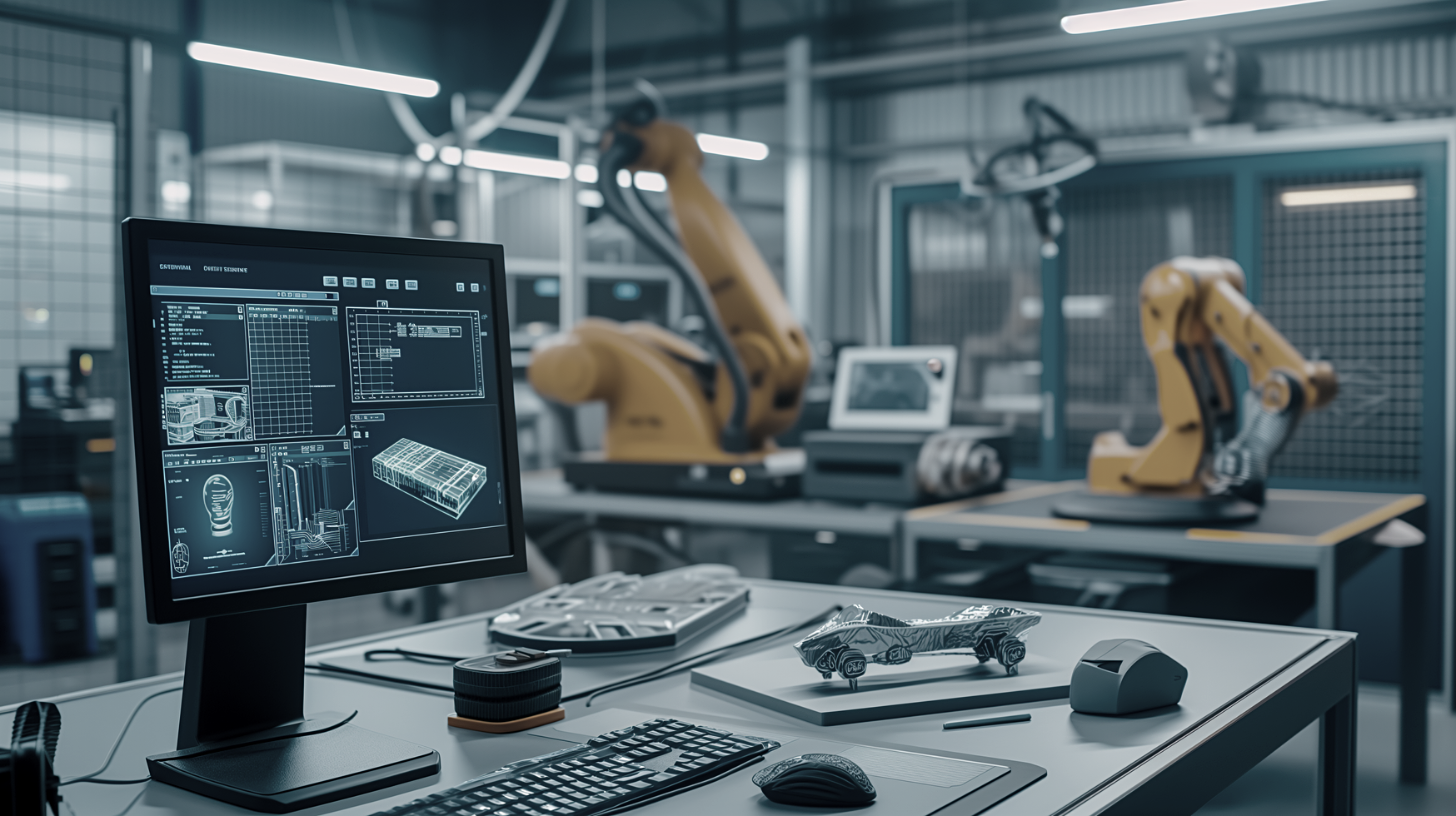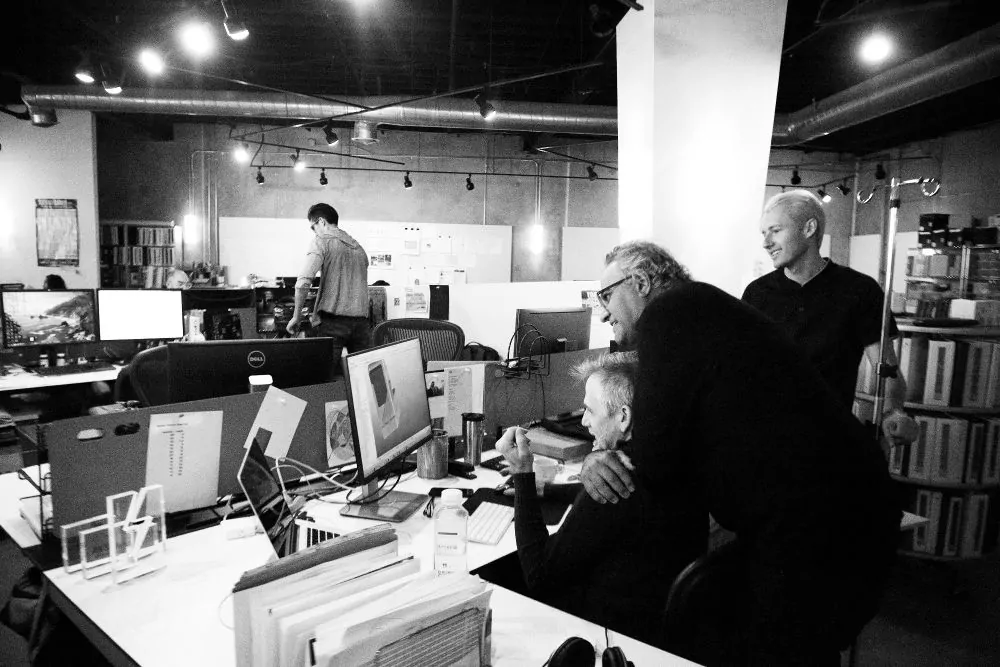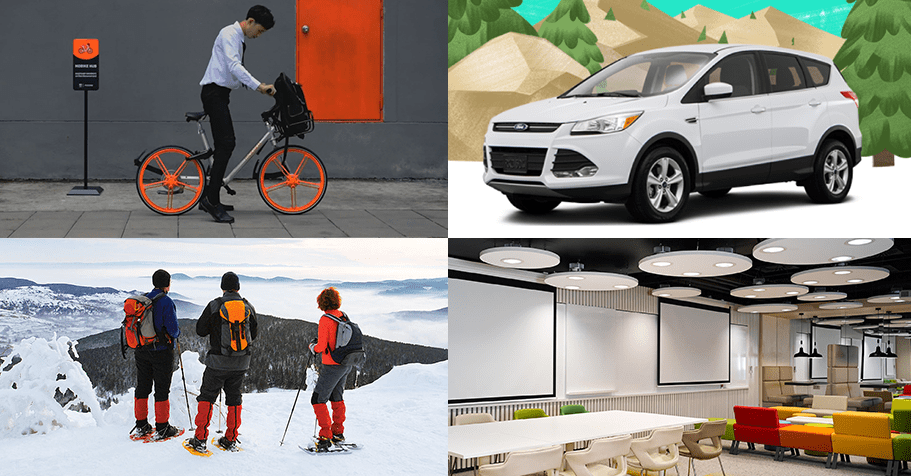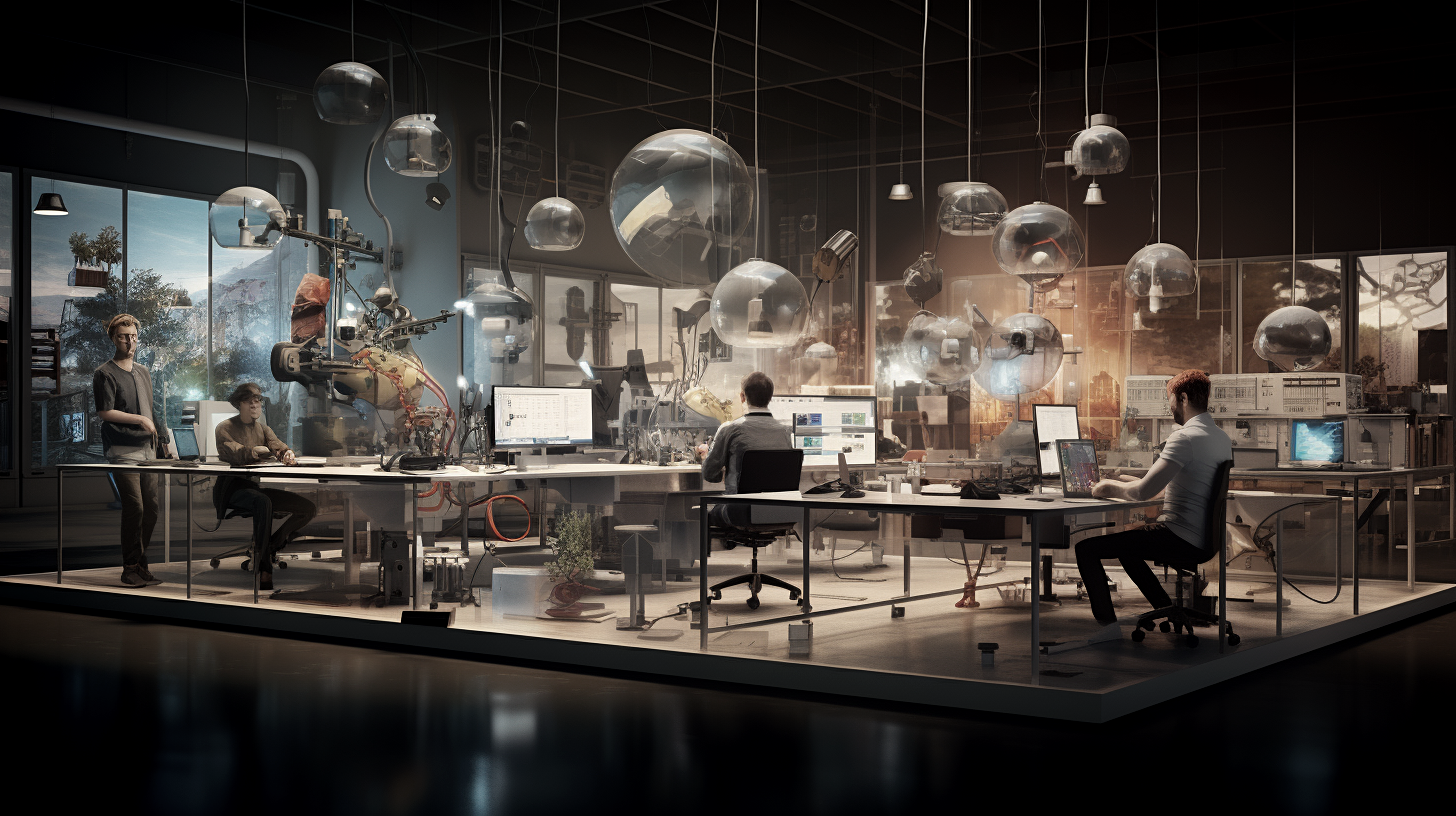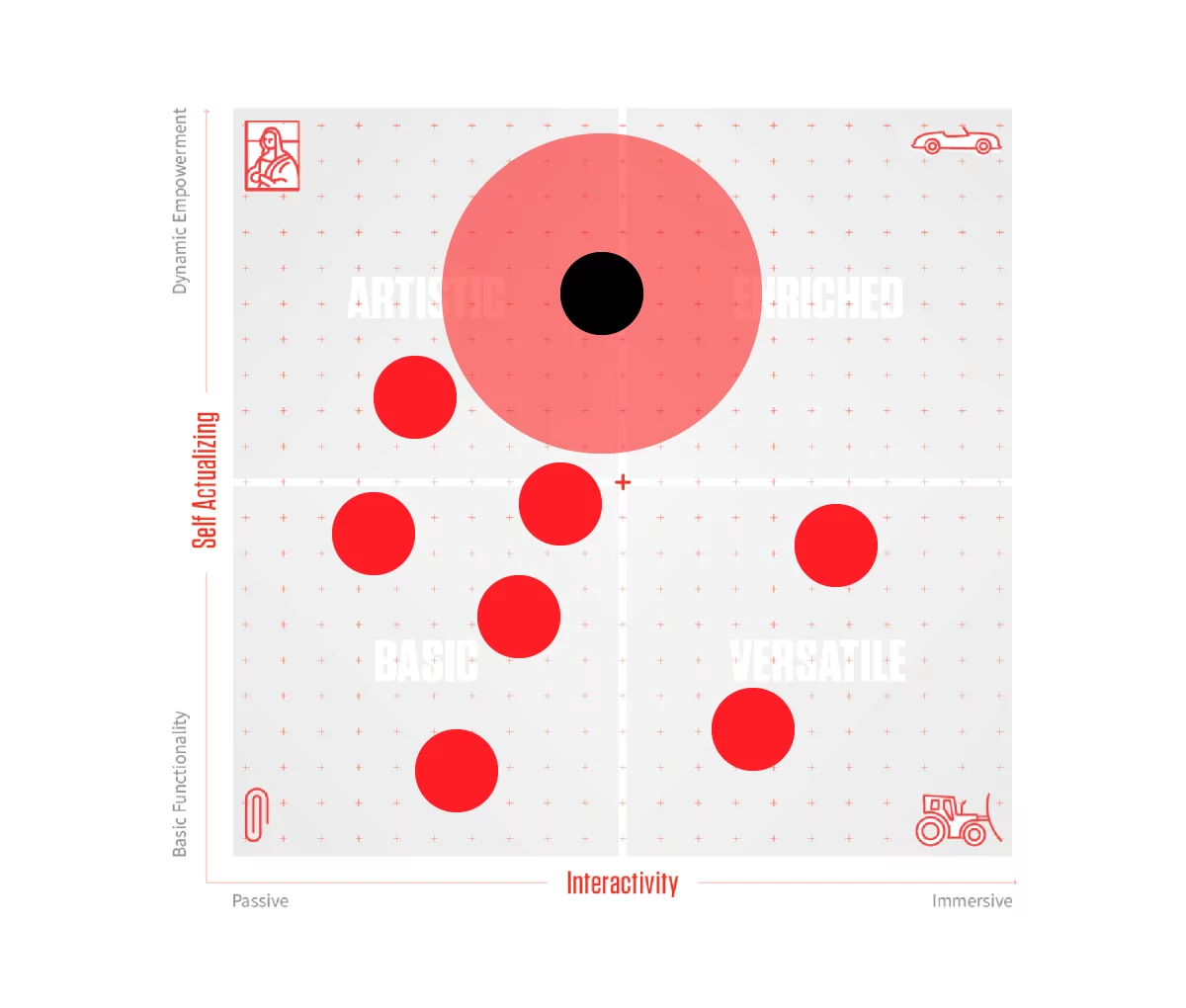Being of a certain age, I remember the days when most of the products around us were designed for repair. Designed to have their life extended. But it’s a scenario that’s so scarce these days, as we’ve become slaves to a throwaway society. We fill our lives with products and gadgets that arrive on our doorstep in brown boxes, only to let us down soon after their warranty has expired. We spend our time looking not for the device we need, but the one that looks like it might last more than a week. One that has some decent (genuine?) reviews.
But what does the alternative look like? I believe we’re entering the rental age. The emergence of the trust economy has helped to make the concept of using, but not owning, ubiquitous. As an example, car leasing has been around for decades – in fact, it’s popularity is very much on the rise – but as manufacturers are having to build ever more reliable cars for smaller and smaller margins, manufacturers are left wondering how to claw back, and benefit more, from their own hard work. Enter Canvas. Started by Ford, Canvas offers car convenience without ownership with a key difference from car share schemes and traditional car rental companies. Consumers get all the convenience of an affordable, single payment (including all maintenance and insurance), but with cost-saving incentives to commit to Canvas for more than their 3-month minimum. Consumers get pride of ownership – it’s ‘theirs’. It’s not a rental – and Ford generate ongoing revenue for building reliable cars in the first place. Consumers can even chop and change cars and car types, depending on their needs. It’s a great disruptive example of plugging a gap that nobody knew existed.
There are other companies doing similar things in unexpected places: ForDays, for instance, offers t-shirts on a membership basis. You buy into the scheme for $38, and return your t-shirt whenever you want, for a new one of your choice, paying another $8 every time you change. It’s a weird concept, but it’s been so successful, ForDays is now waitlisted. What ForDays is doing is disrupting by innovating with a business model that is also good for the planet. The cotton that goes into each shirt is maintained in a closed loop system. ForDays own that raw material. They take it back at the end of its useful life and recycle it into other t-shirts, all the while locking their customers into an enforced brand loyalty of sorts.
Here’s another rather striking example of the Circular Economy and this concept of non-ownership that I want to mention: Around the time I attended the first Circular Economy 100 summit in London, in 2013, I learned of a pilot project Philips had done with a school in the Netherlands. The deal was this: Philips would provide light. The school would pay for light. Period. Not the fittings; the bulbs; the electricity. Just the light. And save money in the process. It’s a beautifully elegant example of a manufacturer both reaping the benefits of their longevity engineering (and efficiency, in this case) and maintaining a closed loop with the raw materials, the aluminium, steel and glass they use to make the light fittings. Philips can go in and change out those fittings or bulbs for new, higher efficiency models, when it makes economic sense for them to do so.
More and more companies are playing with some really intriguing new business models that see the products returned to the manufacturer for reuse, refurbishment or recycling at the end of their desirability to the consumer. More and more businesses are seeing the advantages these disruptive approaches bring, including:
Builds trust and brand loyalty with the consumer
Saves both the manufacturer and the consumer money
Provides the manufacturer with manufacturing resource stability, without the price fluctuations from increased scarcity of raw materials
Shifts the focus from value engineering to quality and durability engineering
Helps fund innovation
And… (drum roll, please) reduces the burden on the planet, at the front end and the back end (both for raw materials and landfill).
Get used to renting, not owning. It’s in your future!


